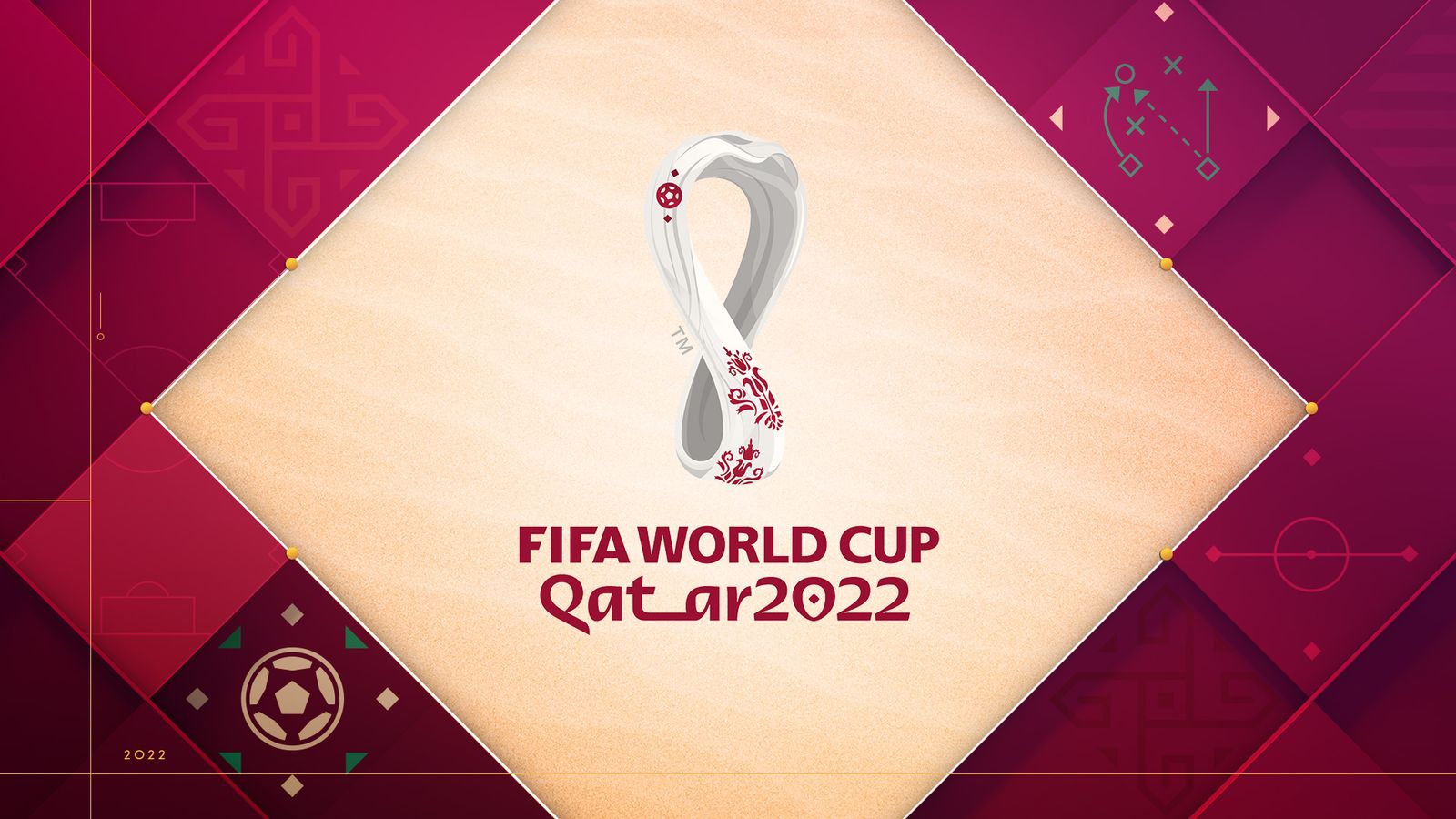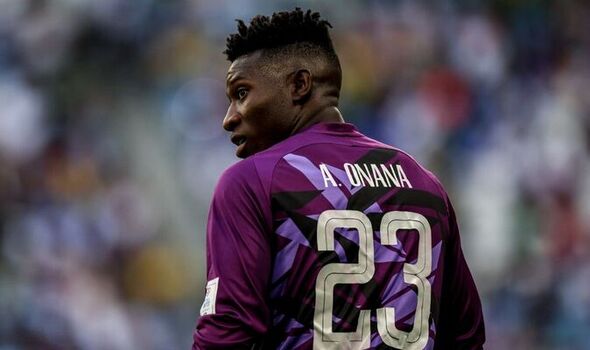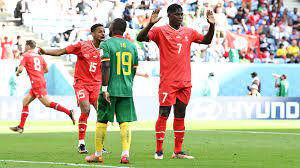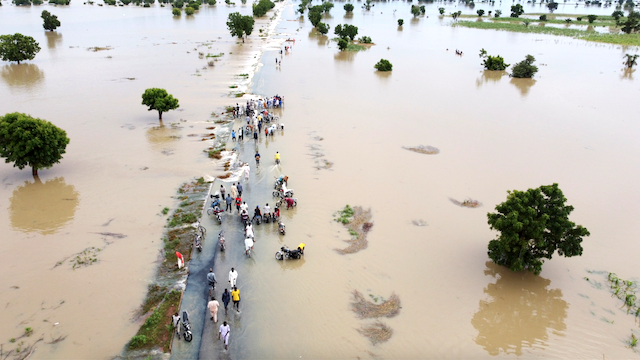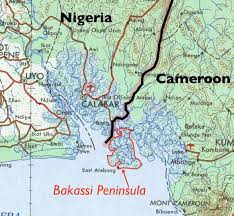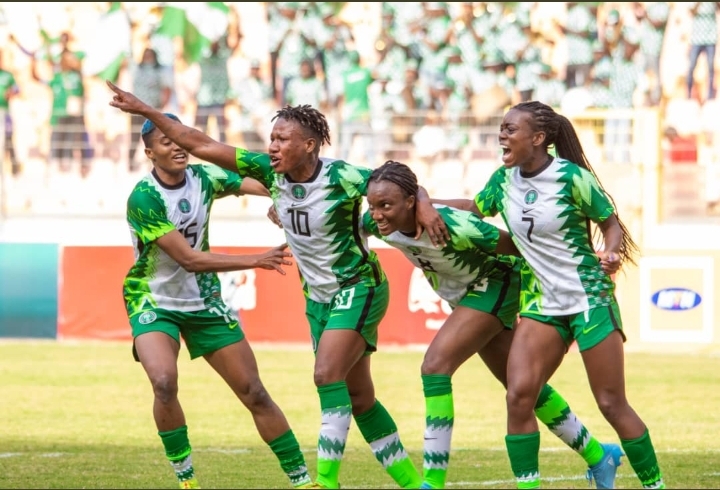Following uncertainties in some grey areas in the judgment by the International Court of Justice (ICJ) on the dispute between Nigeria and Cameroon over the ownership of the Bakassi Peninsula, both countries have agreed to return to the court.
The ICJ, in a judgment on October 10, 2002 upheld Cameroon’s claim to the area.
At the 24th session of the Cameroon-Nigeria Mixed Commission (CNMC) held between 25th and 26th August, 2022 in Abuja, it was observed that both countries do not have equal understanding of the ICJ judgement on the course of the boundary on localities of Rhoumski, Pillar 8 and Koja.
In Bakassi, the Court decided that the boundary was delimited by the Anglo-German Agreement of 11 March 1913 (Arts. XVIII-XX) and that sovereignty over the Bakassi Peninsula lay with Cameroon
Parties then agreed to table discussions on the matter to the ICJ for clarification of its decision.
This formed part of the resolutions at the session, as captured in a communique issued by Nigeria.
According to the judgment, ICJ confirmed the Peninsula as being Cameroonian territory.
OVERVIEW OF THE CASE
On 29 March 1994, Cameroon filed in the Registry of the Court an Application instituting proceedings against Nigeria with respect to the question of sovereignty over the Bakassi Peninsula, and requesting the Court to determine the course of the maritime frontier between the two States in so far as that frontier had not been established in 1975.
As a basis for the jurisdiction of the Court, Cameroon referred to the declarations made by the two States under Article 36, paragraph 2, of the Statute of the Court, by which they accepted that jurisdiction as compulsory.
In its Application, Cameroon referred to “an aggression by the Federal Republic of Nigeria, whose troops are occupying several Cameroonian localities on the Bakassi Peninsula”, and asked the Court, inter alia, to adjudge and declare that sovereignty over the Peninsula of Bakassi was Cameroonian, by virtue of international law, and that Nigeria had violated and was violating the fundamental principle of respect for frontiers inherited from colonization (uti possidetis juris), as well as other rules of conventional and customary international law, and that Nigeria’s international responsibility was involved.
Cameroon also requested the Court to proceed to prolong the course of its maritime boundary with Nigeria up to the limit of the maritime zone which international law placed under their respective jurisdictions.
On 6 June 1994, Cameroon filed in the Registry an Additional Application “for the purpose of extending the subject of the dispute” to a further dispute described as relating essentially “to the question of sovereignty over part of the territory of Cameroon in the area of Lake Chad”, while also requesting the Court to specify definitively the frontier between Cameroon and Nigeria from Lake Chad to the sea.
That Application was treated as an amendment to the initial Application. After Nigeria had raised certain preliminary objections, Cameroon presented, on 1 May 1996, a written statement of its observations and submissions relating thereto, in accordance with an Order of the President dated 10 January 1996.
Moreover, on 12 February 1996, Cameroon, referring to the “grave incidents which had taken place between the . forces [of the Parties] in the Bakassi Peninsula since 3 February 1996”, asked the Court to indicate provisional measures.
By an Order dated 15 March 1996, the Court indicated a number of provisional measures aimed principally at putting an end to the hostilities.
The Court held hearings from 2 to 11 March 1998 on the preliminary objections raised by Nigeria. In its Judgment of 11 June 1998, the Court found that it had jurisdiction to adjudicate upon the merits of the dispute and that Cameroon’s requests were admissible.
The Court rejected seven of the preliminary objections raised by Nigeria and declared that, as the eighth did not have an exclusively preliminary character, it should be settled during the proceedings on the merits.
Nigeria filed its Counter-Memorial, including counter-claims, within the time-limit extended by the Court. On 30 June 1999, the Court adopted an Order declaring Nigeria’s counter-claims admissible and fixing 4 April 2000 as the time-limit for the filing of the Reply of Cameroon and 4 January 2001 as the time-limit for the filing of the Rejoinder of Nigeria.
In its Order, the Court also reserved the right of Cameroon to present its views in writing a second time on the Nigerian counter-claims in an additional pleading which might be the subject of a subsequent Order.
The Reply and the Rejoinder were duly filed within the time-limits so fixed. In January 2001, Cameroon informed the Court that it wished to present its views in writing a second time on Nigeria’s counter-claims.
As Nigeria had no objection to that request, the Court authorized the presentation by Cameroon of an additional pleading relating exclusively to the counter-claims submitted by Nigeria.
That pleading was duly filed within the time-limit fixed by the Court.
On 30 June 1999, the Republic of Equatorial Guinea filed an Application for permission to intervene in the case. Each of the two Parties having filed its written observations on that Application and Equatorial Guinea having informed the Court of its views with respect to them, the Court, by Order of 21 October 1999, authorized Equatorial Guinea to intervene in the case pursuant to Article 62 of the Statute, to the extent, in the manner and for the purposes set out in its Application.
Equatorial Guinea filed a written statement and each of the Parties filed written observations on the latter within the time-limits fixed by the Court. Public hearings on the merits were held from 18 February to 21 March 2002.
In its Judgment of 10 October 2002, the Court determined as follows the course of the boundary, from north to south, between Cameroon and Nigeria.
In the Lake Chad area, the Court decided that the boundary was delimited by the Thomson-Marchand Declaration of 1929-1930, as incorporated in the Henderson-Fleuriau Exchange of Notes of 1931 (between Great Britain and France); it found that the boundary started in the Lake from the Cameroon-Nigeria-Chad tripoint (whose co-ordinates it defined) and followed a straight line to the mouth of the River Ebeji as it was in 1931 (whose coordinates it also defined) and thence ran in a straight line to the point where the river today divided into two branches.
Between Lake Chad and the Bakassi Peninsula, the Court confirmed that the boundary was delimited by the following instruments: from the point where the River Ebeji bifurcated as far as Tamnyar Peak, by the Thomson-Marchand Declaration of 1929-1930 (paras. 2-60), as incorporated in the Henderson-Fleuriau Exchange of Notes of 1931; from Tamnyar Peak to pillar 64 referred to in Article XII of the Anglo- German Agreement of 12 April 1913, by the British Order in Council of 2 August 1946 ; from pillar 64 to the Bakassi Peninsula, by the Anglo-German Agreements of 11 March and 12 April 1913.
The Court examined point by point seventeen sectors of the land boundary and specified for each one how the above-mentioned instruments were to be interpreted.
In Bakassi, the Court decided that the boundary was delimited by the Anglo-German Agreement of 11 March 1913 (Arts. XVIII-XX) and that sovereignty over the Bakassi Peninsula lay with Cameroon.
It decided that in that area the boundary followed the thalweg of the River Akpakorum (Akwayafe), dividing the Mangrove Islands near Ikang in the way shown on map TSGS 2240, as far as a straight line joining Bakassi Point and King Point.
As regards the maritime boundary, the Court, having established that it had jurisdiction to address that aspect of the case — which Nigeria had disputed —, fixed the course of the boundary between the two States’ maritime areas.
In its Judgment the Court requested Nigeria, expeditiously and without condition, to withdraw its administration and military or police forces from the area of Lake Chad falling within Cameroonian sovereignty and from the Bakassi Peninsula.
It also requested Cameroon expeditiously and without condition to withdraw any administration or military or police forces which might be present along the land boundary from Lake Chad to the Bakassi Peninsula on territories which, pursuant to the Judgment, fell within the sovereignty of Nigeria.
The latter had the same obligation in regard to territories in that area which fell within the sovereignty of Cameroon.
The Court took note of Cameroon’s undertaking, given at the hearings, to “continue to afford protection to Nigerians living in the [Bakassi] peninsula and in the Lake Chad area”. Finally, the Court rejected Cameroon’s submissions regarding the State responsibility of Nigeria, as well as Nigeria’s counter-claims.

